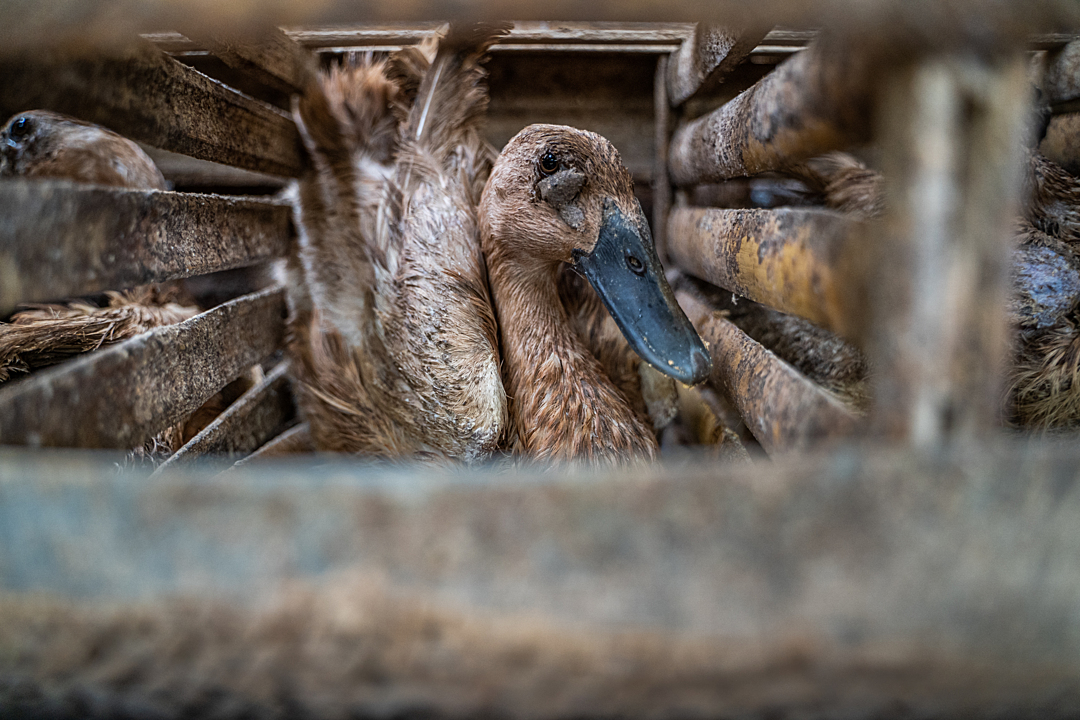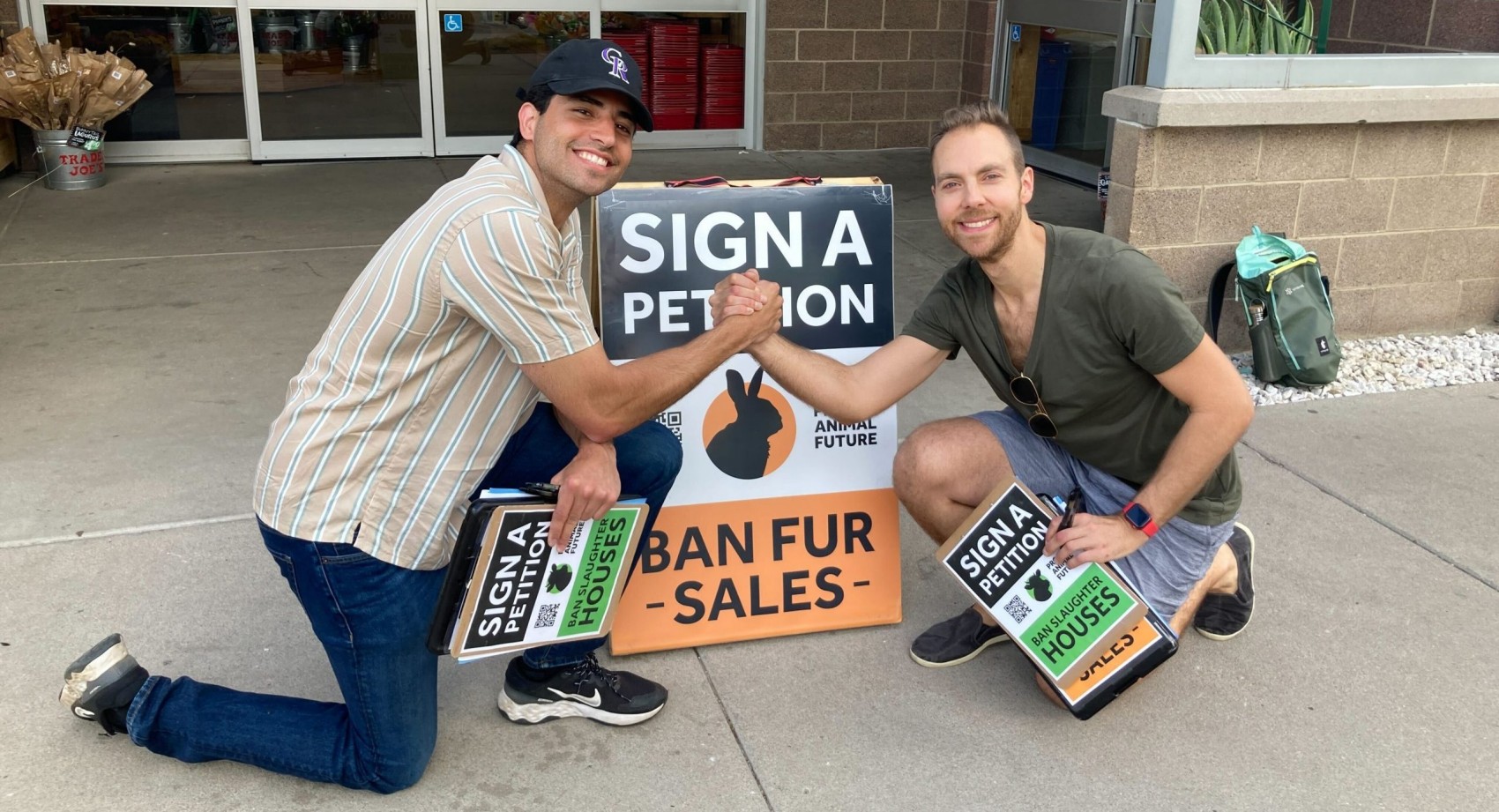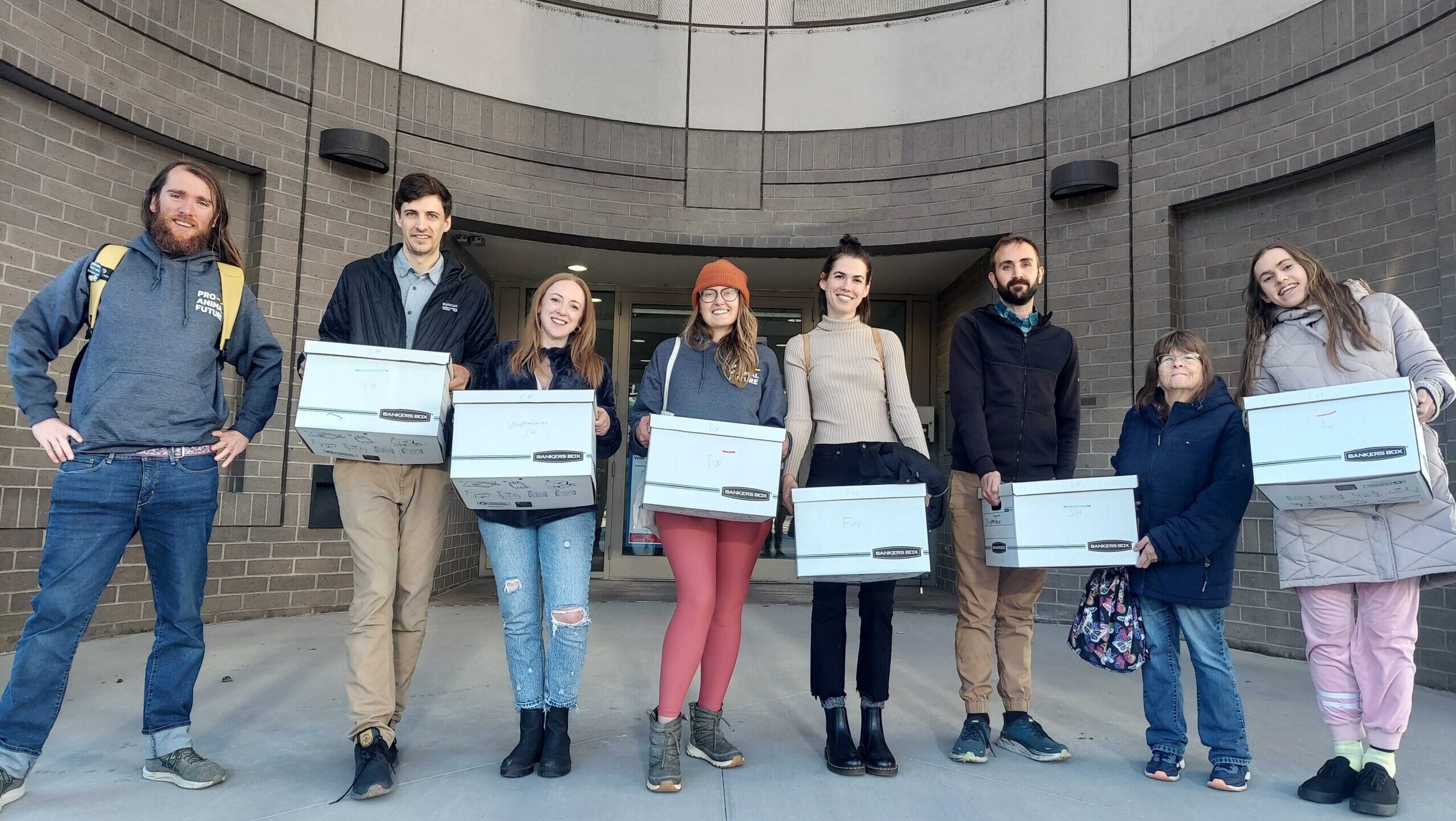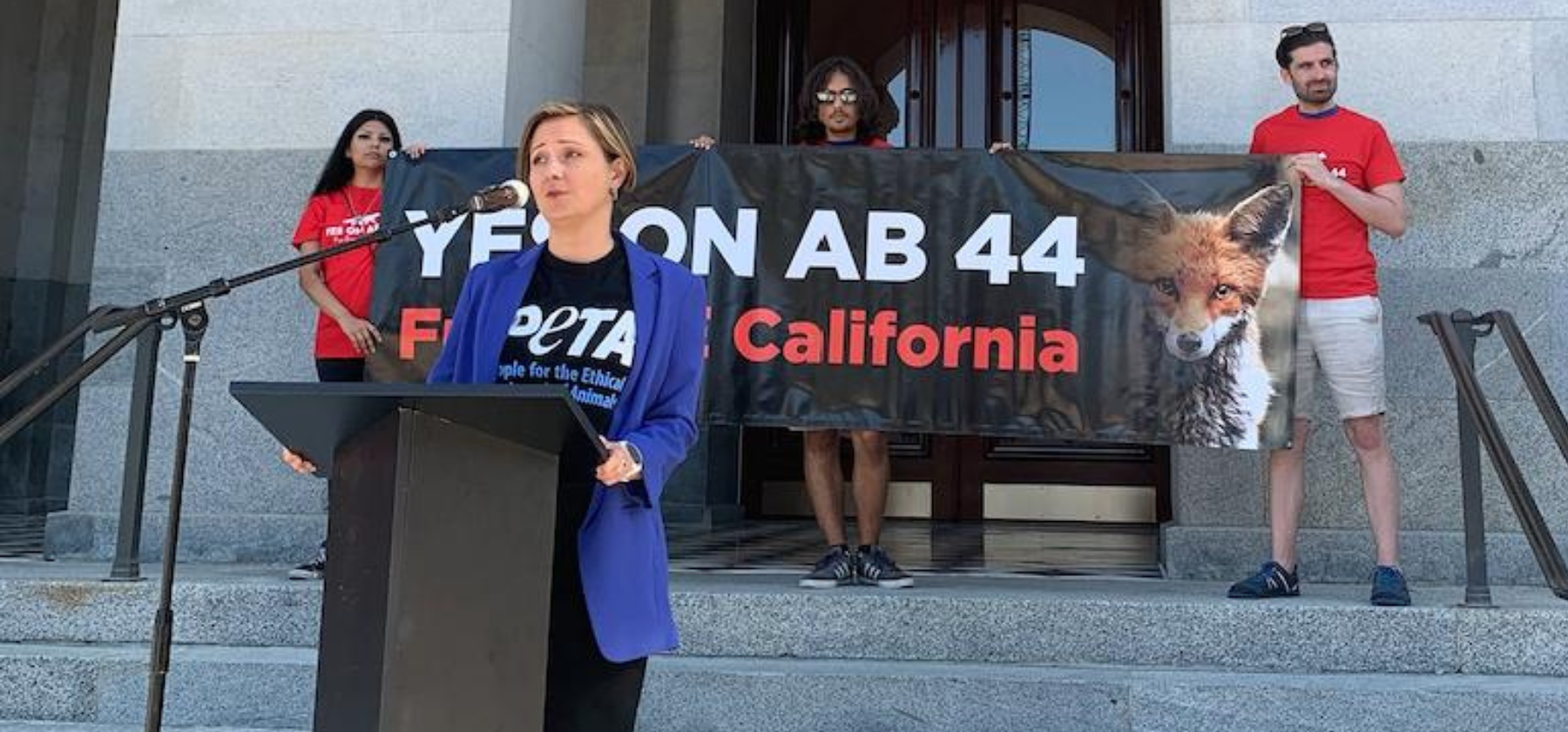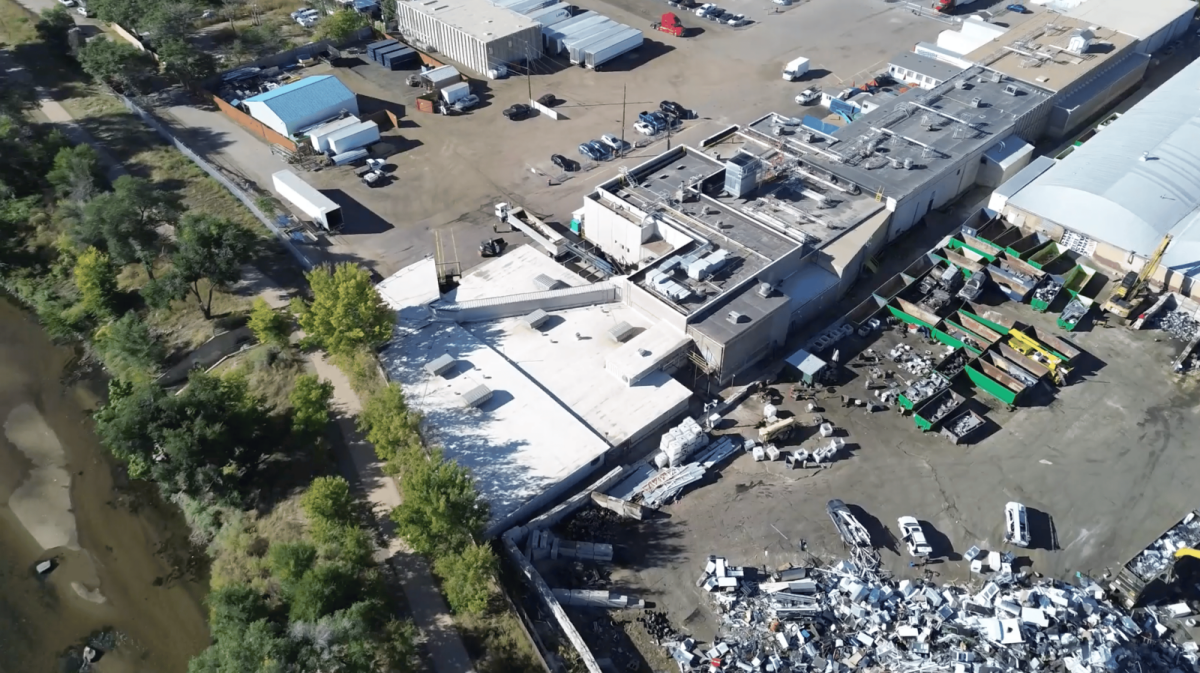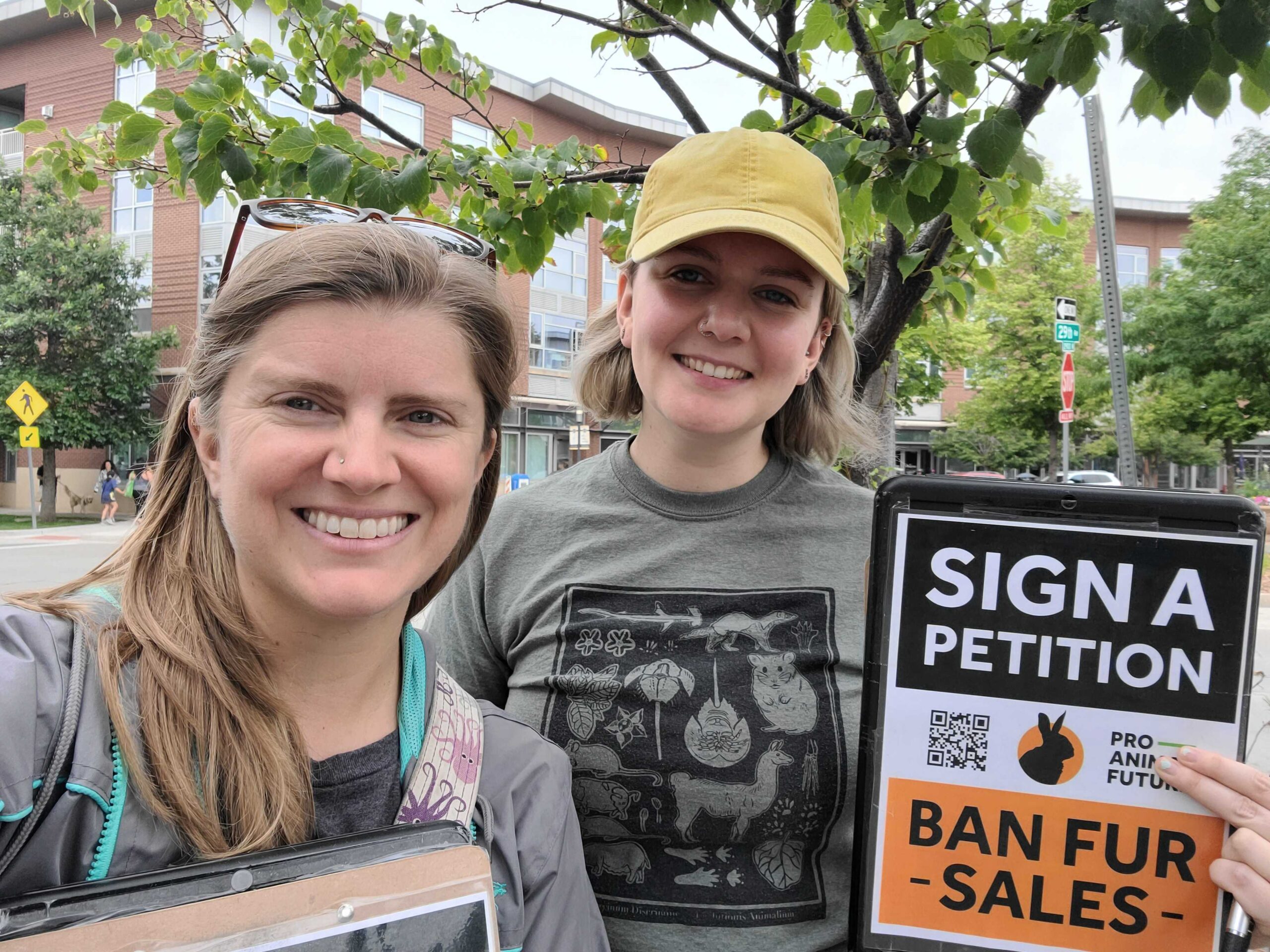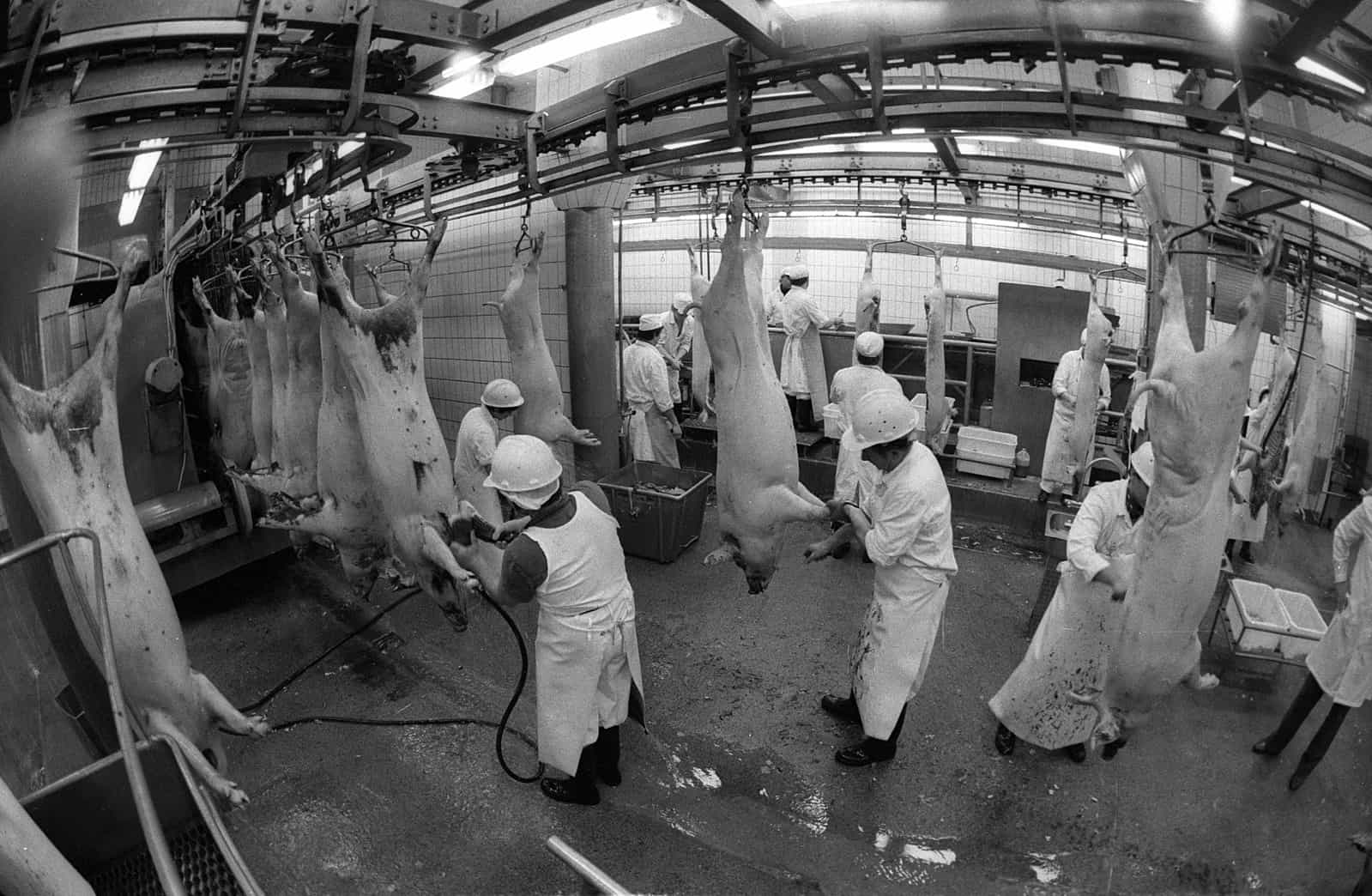7 facts the foie gras industry doesn’t want you to know
When an industry’s main defense strategy is hiring lawyers instead of explaining their practices, you know they’re hiding something. The foie gras industry has a simple playbook: avoid talking about what they actually do. When cities like Chicago and NYC tried to ban foie gras, the industry hired lawyers to overturn the bans using legal … Read more


